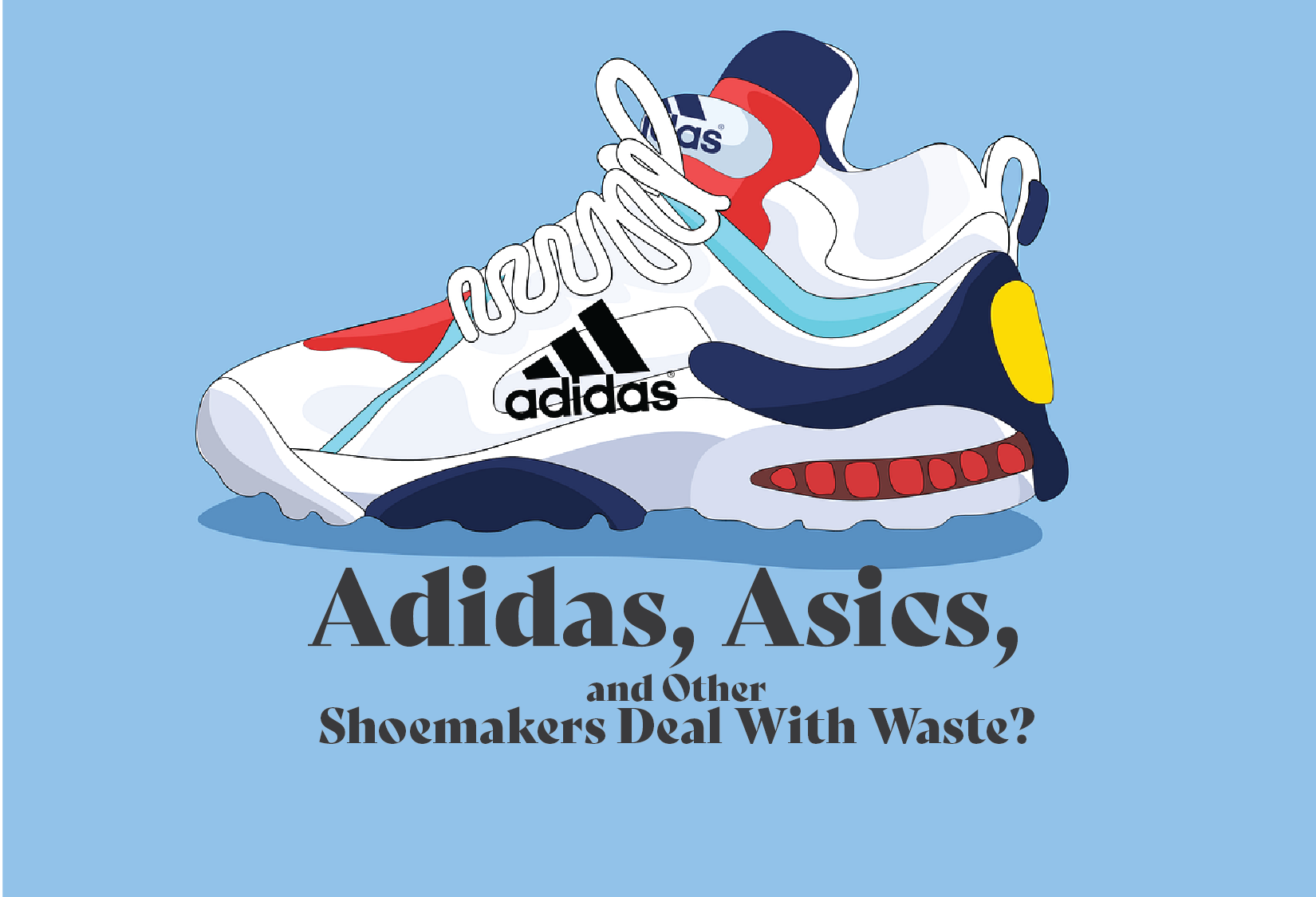
Article by
In a world where nearly 50 billion shoes are produced annually, the staggering reality is that the vast majority end up discarded in landfills. However, a glimmer of hope emerges from the Netherlands, where a pioneering company claims to have cracked the code on footwear recycling, processing up to 2500 shoes per hour. Meanwhile, major brands like Adidas are stepping up their efforts to combat waste by incorporating materials made from ocean plastic into their products. However, why is recycling shoes such a difficult task, and are these programmes actually having an impact?
A typical running shoe is an intricate combination of over forty separate elements made of materials that range from foam and rubber to plastic and polyester. Because these layers are so tightly fused together with strong glue, it is extremely difficult to break down and recycle the shoes. One major obstacle is the adhesive chemical content; any residue left behind could contaminate the separated materials and make them unsuitable for reuse.
Let's introduce Fast Feet Grind (FFG), a business started by Danny and Arna in the Netherlands. FFG has created a novel recycling method that takes on the problem head-on. Without the use of chemical solvents, FFG is able to effectively separate the various parts of shoes by using a succession of automated devices that make use of heat and friction.
The FFG process encompasses not only the separation of components but also their subsequent reuse. In order to be reincorporated into the production of new shoes, foam and rubber are crushed into little particles. Furthermore, materials from safety shoes are recycled into numerous industrial applications, and cloth from shoe uppers is repurposed into yarn for shoelaces. FFG's dedication to zero waste is a prime example of a sustainable strategy for recycling shoes.
Large companies like Adidas are looking into ways to cut waste, even as smaller-scale programmes like FFG are making progress in shoe recycling. Adidas has introduced products with recycled ocean plastic in an effort to lessen its impact on the environment. Additionally, the company has developed shoes constructed entirely from virgin plastic, allowing for seamless recycling into future generations of footwear. There are still obstacles to overcome, mainly in persuading customers to take part in return initiatives that are crucial to the circular economy model's success.
In addition to recycling, scientists are looking into new materials and production techniques to make more environmentally friendly shoes. Innovations include sandals constructed completely of recycled plastic bags and shoes created from materials derived from disposable algae. These initiatives highlight a more general change in the footwear industry towards environmentally friendly design and production methods.
With industry giants like FFG leading footwear recycling efforts and big companies funding eco-friendly projects, the future of the footwear industry is becoming more sustainable and ecologically conscious. Although there may be obstacles along the way, the enthusiasm and dedication of people and organisations alike point to a bright future in which shoes will represent sustainability and innovation in addition to being stylish accessories.
Every step these companies take in the direction of revolutionizing footwear recycling puts them one step closer to a future in which trash is converted into opportunity and worn-out shoes are repurposed into priceless soles that lead to a brighter future.
 Monthly "Azeem English Magazine", launched in 2000, records the information about diverse fields like mental health, literature, research, science, and art. The magazine's objective is to impart social, cultural, and literary values to society.
Monthly "Azeem English Magazine", launched in 2000, records the information about diverse fields like mental health, literature, research, science, and art. The magazine's objective is to impart social, cultural, and literary values to society.
+92 51 88 93 092
First Floor, RAS Arcade, Eidhi Market, Street#124, G-13/4, Islamabad, Pakistan, 44000.